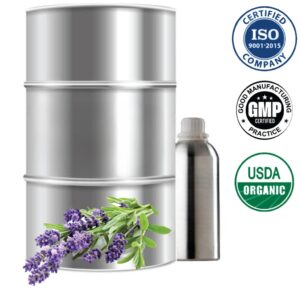Essential oils can be used in aromatherapy, a kind of complementary medicine that uses smell to improve your health or applied topically to the skin.
Studies have shown that essential oils may help:
- Boost Mode
- Improve job performance through reduced stress and increased attentiveness
- Improve sleep
- Kill bacteria,
- funguses and viruses
- Reduce inflammation
- Reduce nausea
- Relieve headaches
Here are some common essential oils and their benefits:
Lavender oil
 Lavender is Dr. Lin’s go-to oil. “It’s gentle and has a lot of benefits. You can use it in a variety of ways,” she says.
Lavender is Dr. Lin’s go-to oil. “It’s gentle and has a lot of benefits. You can use it in a variety of ways,” she says.
Try adding it to a bath or diffuser as aromatherapy, adding to water to make a room spray or body spritzer, or combining with a base oil to make body oil.
Lavender can help with stress, pain and sleep . “Before the discovery of antiseptics, lavender was also used as a cleaning agent in hospitals,” Dr. Lin says.
There have also been studies that show using lavender oil (and tea tree oil) can potentially disrupt hormones in young boys.
Key Features of Lavender Oil:
-
Appearance: Clear to pale yellow liquid
-
Aroma: Sweet, floral, herbaceous, and slightly woody
-
Main Components: Linalool, Linalyl acetate, Camphor, Terpinen-4-ol
Benefits & Uses:
1. Skin Care:
-
Soothes irritation, redness, and minor burns
-
Helps reduce acne and blemishes
-
Used in creams, serums, and lotions for calming effects
2. Aromatherapy:
-
Reduces stress, anxiety, and promotes relaxation
-
Improves sleep quality (used in pillow sprays, diffusers)
3. Hair Care:
-
Helps with dandruff control
-
Promotes scalp health and may aid in hair growth stimulation
4. Medicinal Uses:
-
Antiseptic and anti-inflammatory properties
-
Used in wound healing and minor cuts
Applications in Cosmetic Products:
-
Face creams and serums
-
Massage oils and body lotions
-
Bath oils and soaps
-
Perfumes and natural deodorants
-
Aromatherapy candles and diffusers
